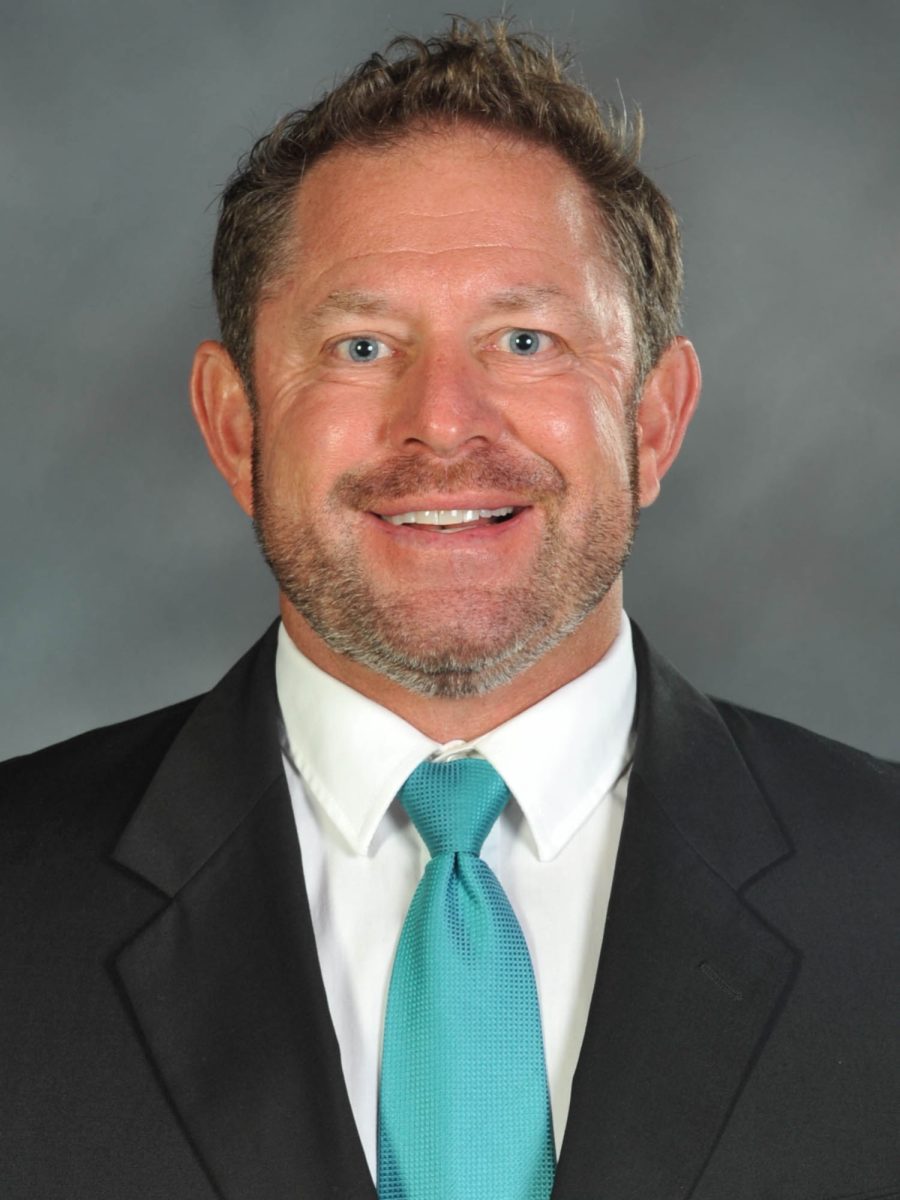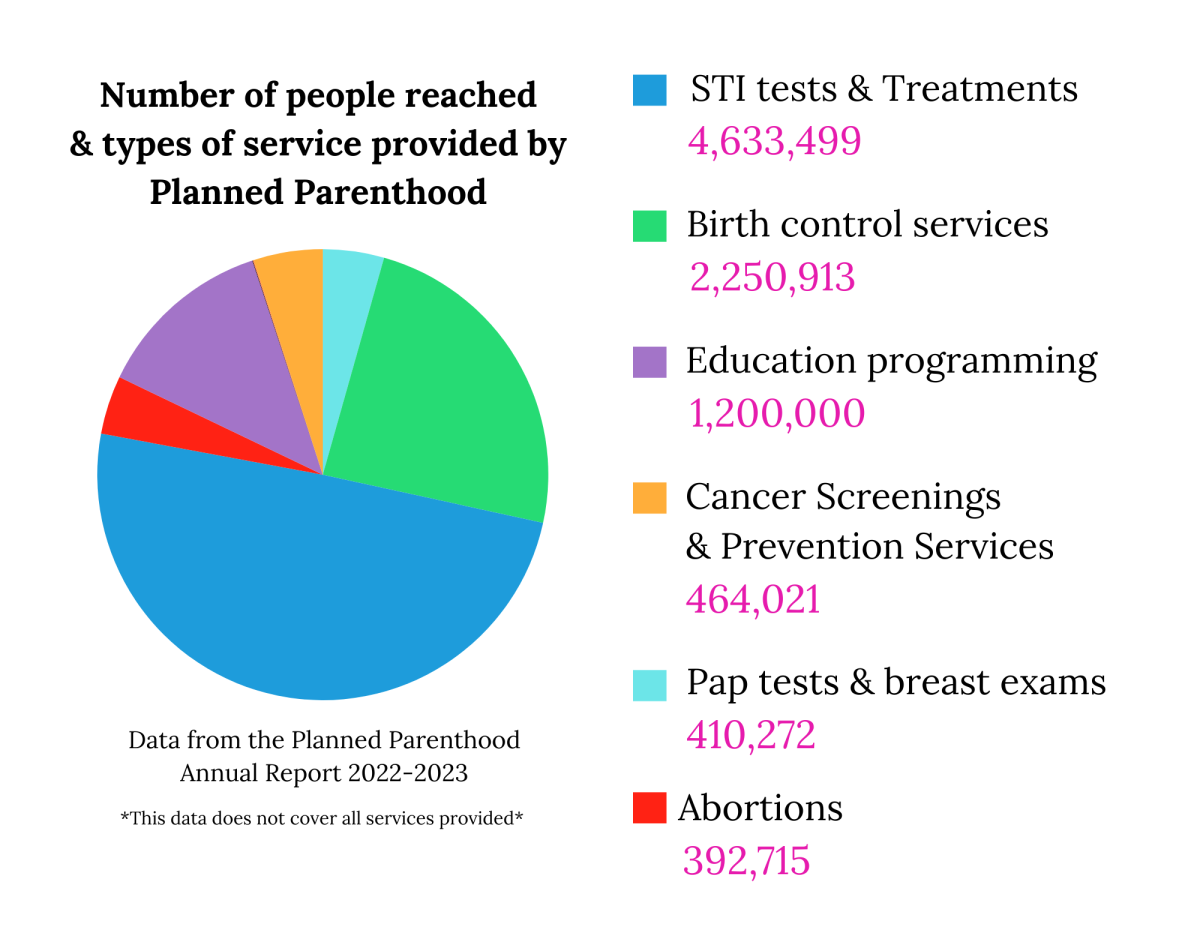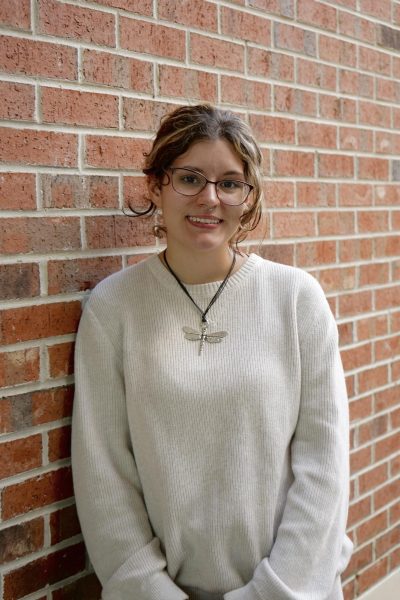The United States Supreme Court heard the South Carolina Department of Human Health Services’ (SCDHHS) persistent argument to prevent Planned Parenthood South Atlantic (PPSAT) from accepting Medicaid insurance payments for non-abortion services on April 2.
The Supreme Court’s final decision of Medina v. Planned Parenthood South Atlantic remains to be determined with an expected ruling in July. Laney Boggs, a senior psychology major with a minor in women’s and gender studies, believes the state’s intention is more than just anti-abortion advocacy.
“I think it’s just about keeping women under control, keeping poor people poor and keeping the marginalized marginalized,” Boggs said.
Planned Parenthood is a nonprofit organization that provides information, care and services relating to abortion, contraception, sexually transmitted infections and human immunodeficiency virus, pregnancy, vasectomies and primary care such as cancer screenings and more. South Carolina Gov. Henry McMaster claimed that Medicaid beneficiaries who use non-abortion services provided by Planned Parenthood are still financially supporting an abortion provider in 2023.
However, not all Planned Parenthood clients seek abortion services.
The Hyde Amendment Codification Act states that “no funds authorized or appropriated by Federal law” can be used as payment for abortion, unless in the situation of rape, incest or danger to the life of the pregnant person. As a federally funded insurance program for low-income individuals that meet various eligibility requirements, the Hyde Amendment extends to Medicaid beneficiaries. Medicaid insurance can’t be used toward abortion itself. With this executive order, McMaster threatens to make general sexual and reproductive care inaccessible for low-income people as well.
Savannah Johnson, a sophomore marine science major, explains how the Planned Parenthood organization helped her parents tackle the overwhelming, financial struggles entering parenthood.
“During the time, my parents had just started getting up there as adults, finishing college and stuff, and so money was a bit tight with having kids and Planned Parenthood, my mom said, was the biggest help,” Johnson said. “They provided financial counseling, free checkups and lower price medication and access to prenatals [care] and everything needed for a pregnancy, whereas if she did it at just a normal hospital or doctor, it would have cost her hundreds [of dollars].”
In July of 2018, McMaster issued an executive order directing SCDHHS to terminate any abortion clinics “and any affiliated physicians or professional medical practices” as unqualified from enrollment in the Medicaid program. That same month, PPSAT and South Carolina resident Julie Edwards sued Joshua Baker, former director of SCDHHS. Edwards argued that South Carolina infringed on her right as a Medicaid beneficiary to choose any provider that is willing and eligible to enroll as a Medicaid provider.
The Medicaid statute of the Social Security Act, also known as the Medicaid Act, states that “a Medicaid managed care organization, or a similar entity shall not restrict the choice of the qualified person from whom the individual may receive services.”
The trial court granted a preliminary injunction, blocking the termination of PPSAT Medicaid enrollment. South Carolina’s appeal against the preliminary injunction and the permanent injunction were both overruled by the South Circuit Court of Appeals. The state also appealed this case to the Supreme Court, which they denied hearing.
The Medicaid Act was created by the government under the spending clause of the Constitution, which gives the federal government the right to decide federal spending conditions for the general welfare of citizens. Whether or not laws such as the Medicaid Act created by the spending clause are privately enforceable rights under 42 U.S. Code Section 1983, which allows individuals to sue state or local officials for a deprivation of one’s rights, has been argued and revisited for decades.
As a final resort, South Carolina petitioned the Supreme Court to resolve the circuit split on whether laws regarding federal funded programs, laws created by the government, must remain in place as a program stands. President of CCU’s Social Justice Club Olivia Brannen, a senior interdisciplinary studies major, believes South Carolina is eager and committed to win their case.
“I think that conservatives are trying to get creative with ways on how they can try and shut down places that offer a wealth of reproductive services, but especially just happen to be abortion providers as well,” Brannen said. “Shutting down abortion providers hasn’t been the most easy thing for the state of South Carolina to do… but I feel like this is the conservative way of kind of like, chopping at the reproductive justice rights that folks do have.”
Brannen is also a member of CCU’s Planned Parenthood Generation Action chapter.
“Planned Parenthood seeks to provide care for marginalized groups in particular, whether that’s low income, the BIPOC community, or even the queer community as well,” Brannen said. “There are, you know, institutionalized racism and queerphobia within the systems that we are living in and Planned Parenthood is trying to eradicate that.”
Boggs compared general conservative public perception to the reality of McMaster’s executive order and the state’s following argument.
“It really has nothing to do with abortion, and it’s all about healthcare. But because it’s Planned Parenthood, it’s hard for people to differentiate,” Boggs said.


















